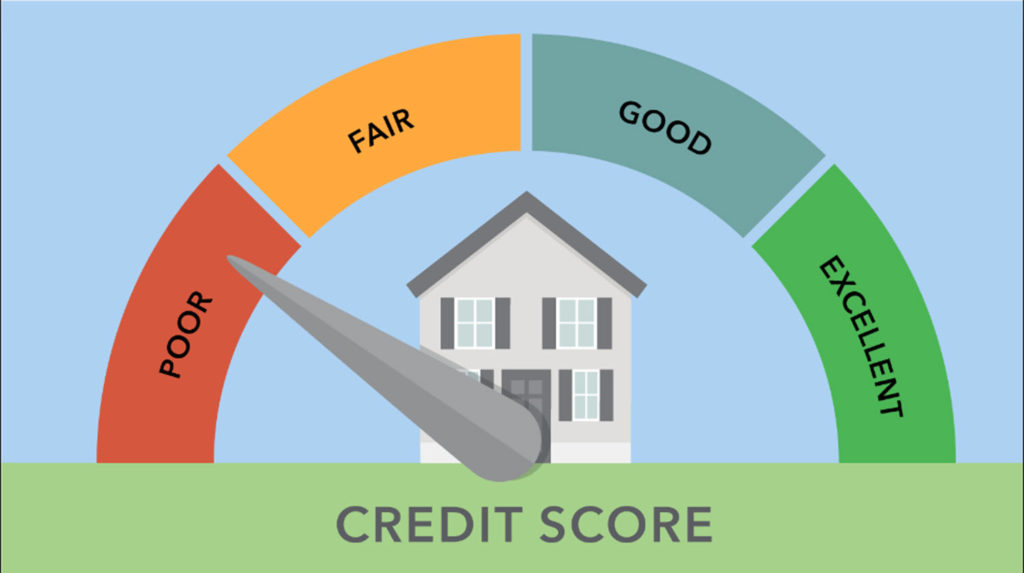
A good credit can make life easier, for instance, it gives you a better chance of qualifying for various loans or credit cards, lower interest rates, better car insurance rates, exemption from utility deposits or lower amount & easier qualification for apartments & co-ops.
Let’s say your score is 550, in the range generally considered “bad credit.” Raising it to 700, which generally considered the lower end of the “good credit” range, would affect the way lenders view your credit worthiness; & the “excellent credit” range generally 750 or more, provides even more options not applicable at a lower credit score level.
Three steps can improve your credit score
Fix errors on your credit reports
According to the Federal Trade Commission, about 5% of consumers have errors on their credit reports bad enough to result in a higher price for a financial product or insurance. About 1 out of 4 reports contain errors that might have at least a small negative effect on scores. It is recommended you obtain a credit report every 12 months from each of the three major credit bureaus – Equifax, Experian and TransUnion. It is free, so why not take advantage of that fact. Check for mistakes, such as payments marked late when you paid on time or negative information that’s too old to be listed; & the most egregious, debt on your report not belonging to you
You must dispute all errors to get them removed. Credit bureaus must respond to disputes within 30 business days.
Stay below your credit limit
Your credit utilization — that is, how much of your credit limit you use, has a big impact on your score. Most experts say it’s best to keep balances to 30% – 40% of your credit limits or less. Both your overall debt & per-card utilization count.
You can control balances by making multiple small (micro) payments if possible, during the month to keep balances down. Request credit limit increases. If your limit goes up & your balance stays the same, you lower utilization. Inquire with card issuer if you can make the limit increase request without a “hard” credit inquiry. Some inquiries can temporarily drop your score a few points. Reduce balances on the cards with the highest utilization first. A tax refund or other financial windfall could help. You can reallocate debt. A debt consolidation loan could let you reduce or eliminate card balances, lowering your utilization. Getting a personal loan at a better rate than your credit cards also could save you money in interest. Credit card issuers typically report to the bureaus every month. As soon as your creditor reports your lower balance, the better utilization will be reflected in your scores. If you have a lot of maxed-out credit cards, you could elevate your scores by nearly 100 points by paying them all off.
Pay on time
No strategy to bump up your score will work unless you’re also paying on time. Why? Payment history has the single biggest influence on credit scores. If you’re behind on any accounts, call the creditor, arrange to pay and ask if they will rescind the reported delinquencies so they no longer appear on your reports. Payment history has the single biggest influence on credit scores. Even if the creditor won’t rescind those previously missed payments, it’s worth getting current on the account ASAP. Each month an account is marked delinquent hurts your score, and a 60-day delinquency has a greater effect than a 30-day delinquency. Missed payments can stay on your credit report for seven years but you can start counteracting the effect right away – by focusing on paying all bills on time from here on out, so you offset negative marks with more recent positives.
